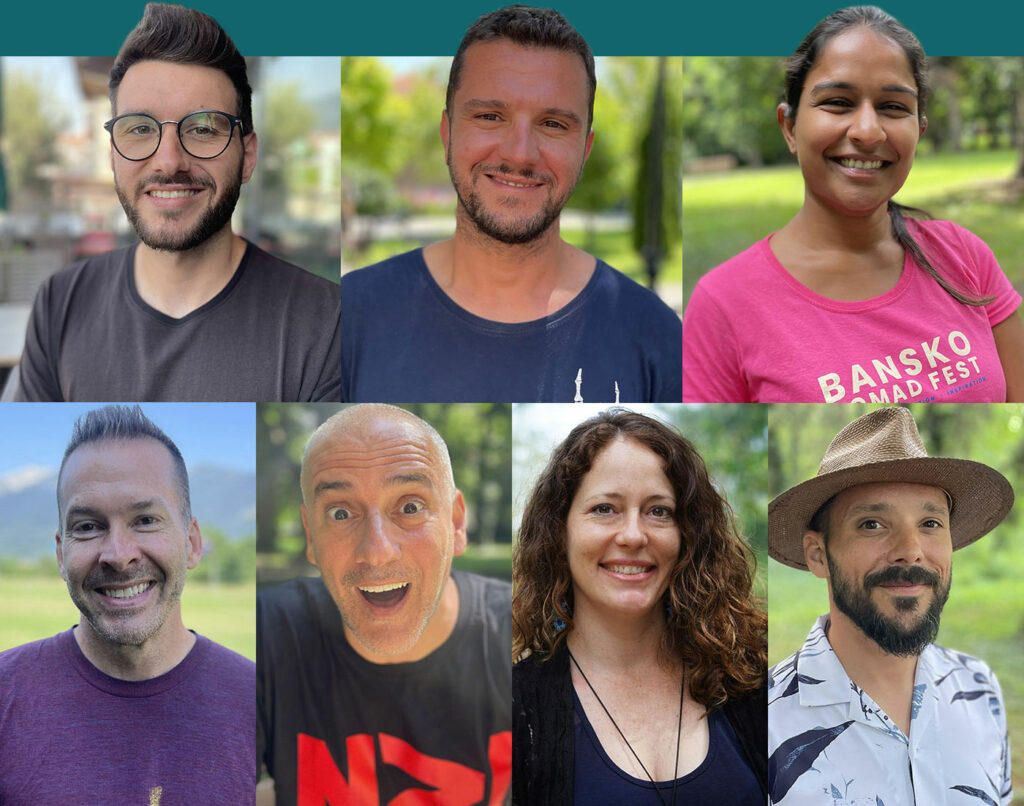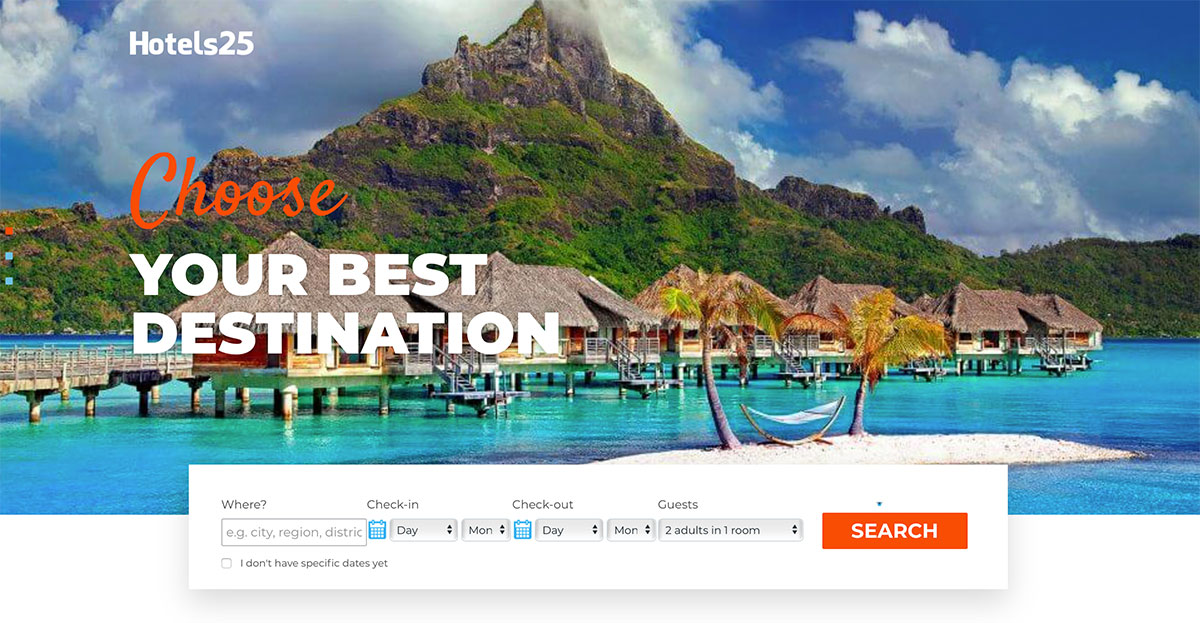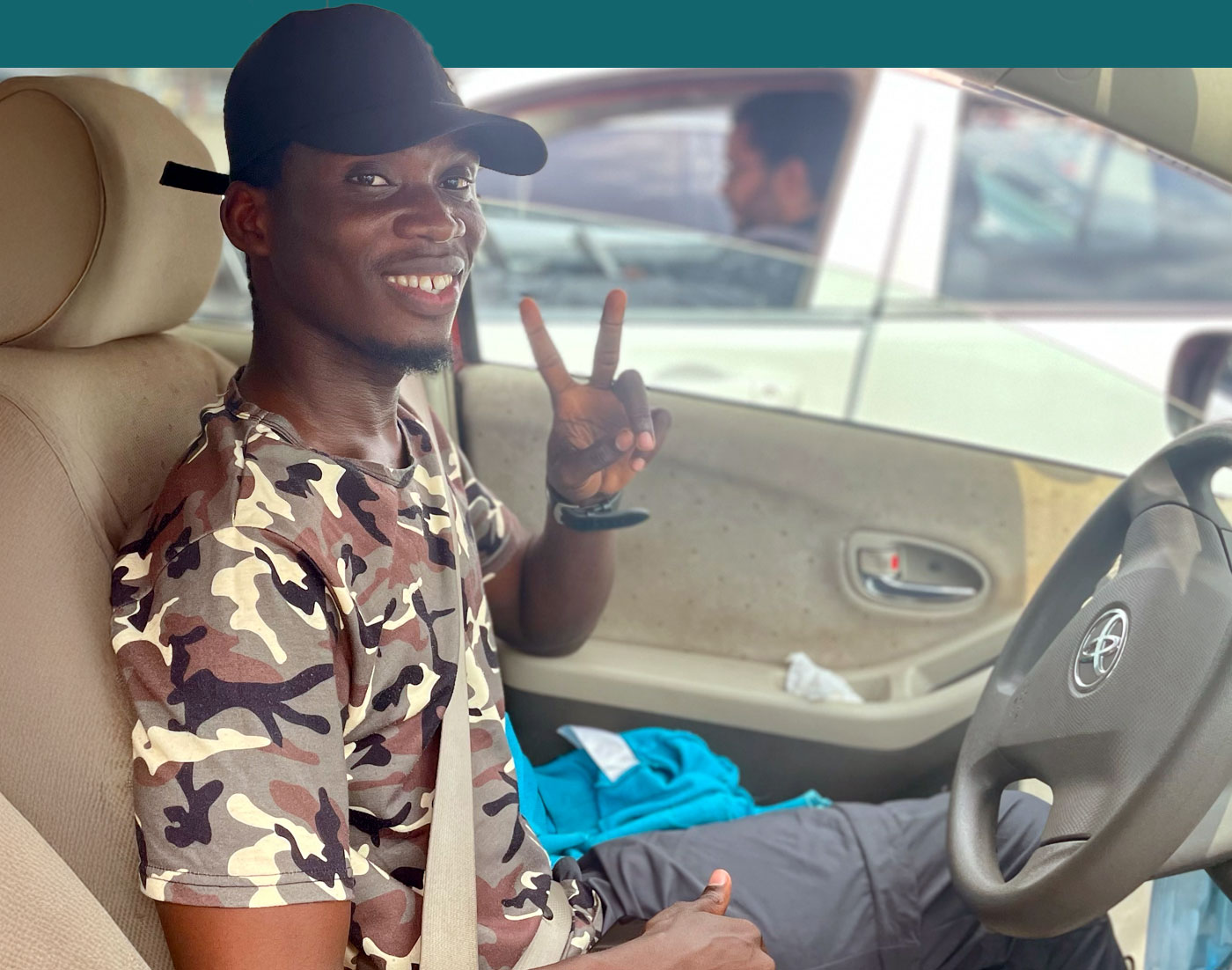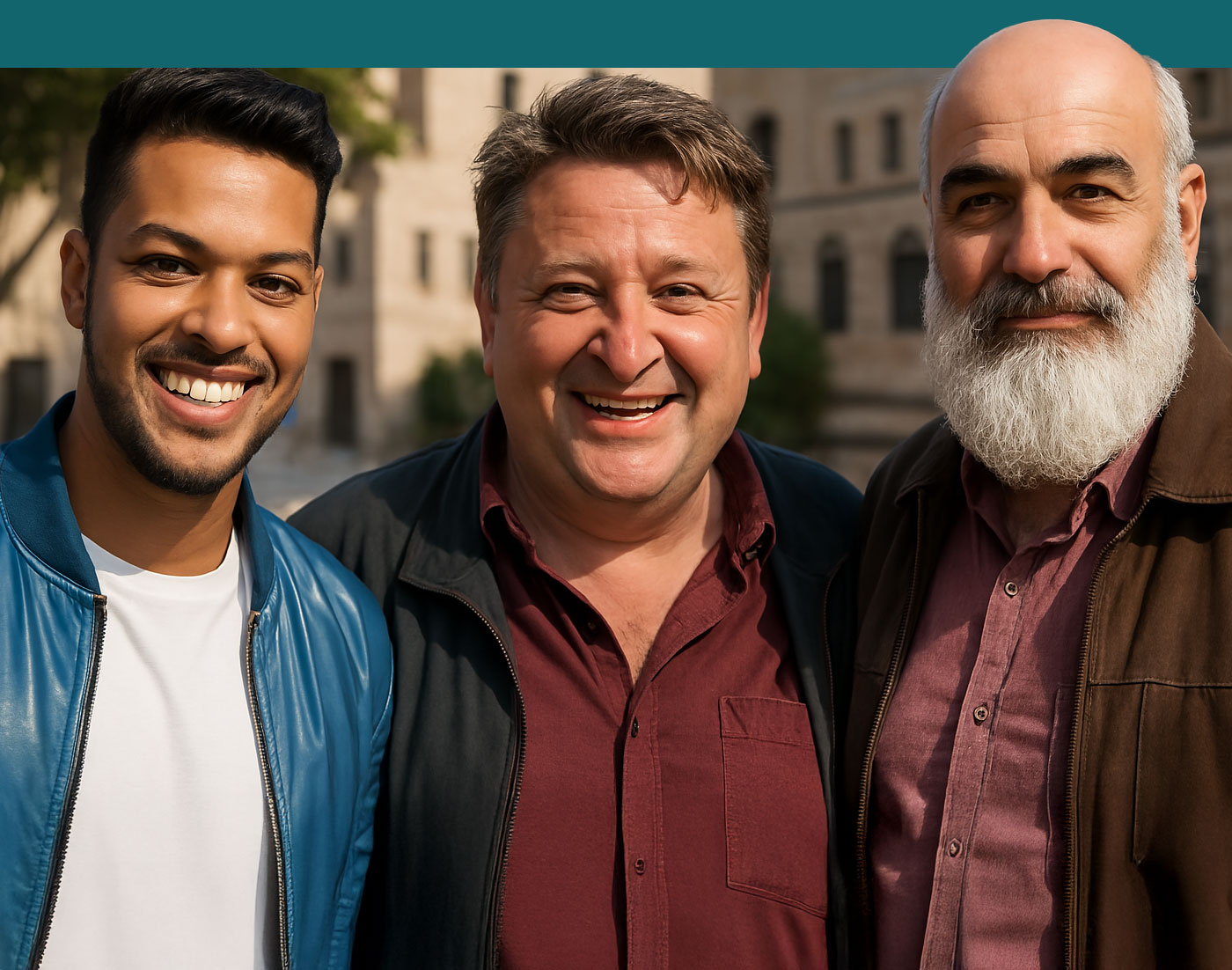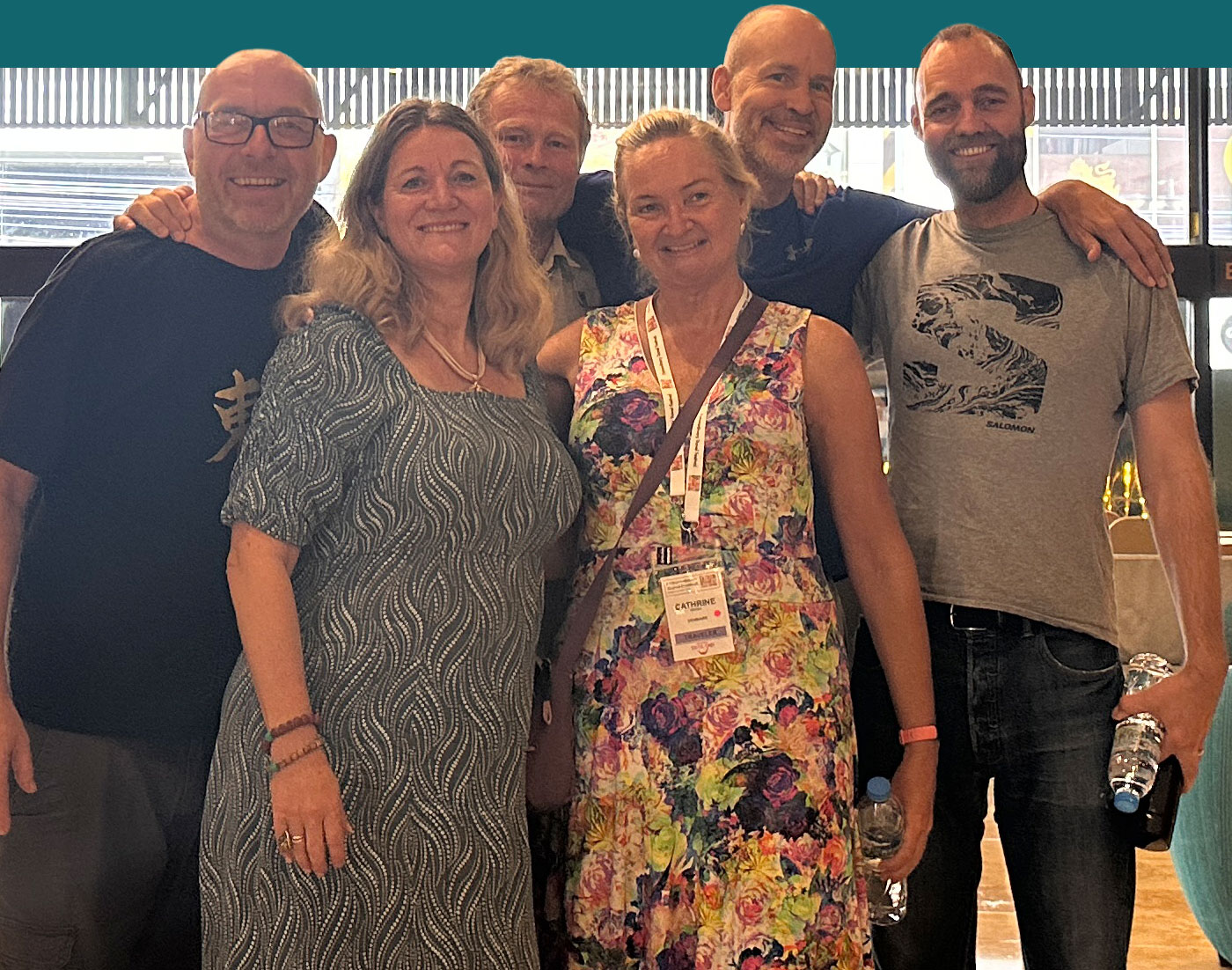Do you want to strike the perfect balance between fast and slow travel to achieve a more enriching and sustainable digital nomad lifestyle? If so, this episode might have the answers you’re looking for.
I’m back with the seven digital nomads, Ranika Koneru, Shaun Busuttil, Nora Dunn, Chris Cerra, Gianni Bianchini, Jason Robinson, and Mr. Derek Smith. In this episode they will be sharing their insights on how fast they travel and why. Get ready to discover the key to unlocking a more fulfilling and sustainable travel adventure as a digital nomad.
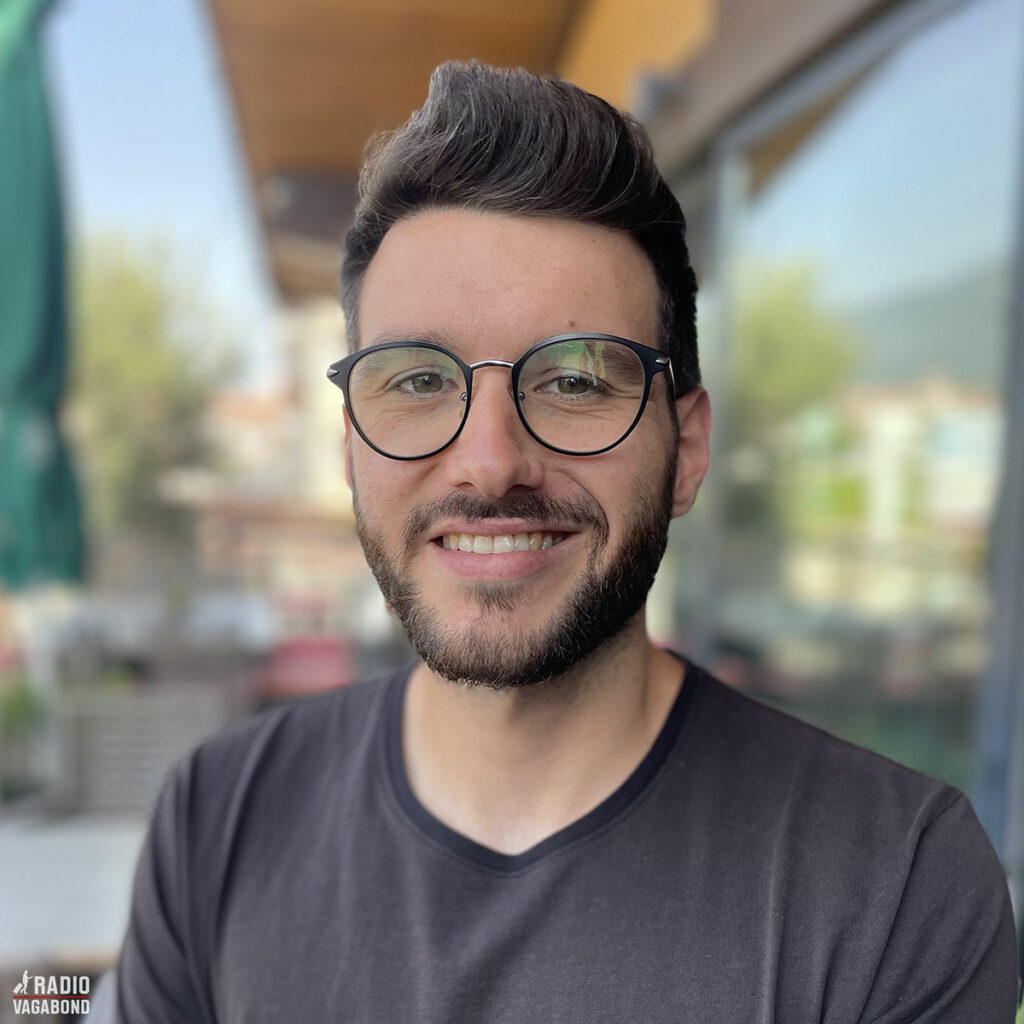
Picture this: you’re sipping on a coconut under a swaying palm tree one day, and the next, you’re lost in the labyrinthine streets of a bustling bazaar. But does the nomadic life mean embracing the whirlwind pace, just collecting passport stamps like they’re Pokémon cards? Or does it involve setting up shop in a charming village, where the Wi-Fi connection is as strong as the espresso?
Again, we’re letting my expert panel of digital nomads do the talking.
So, buckle up, as we prepare to take off into the talk about digital nomad tempo. And please stay seated until we come to a complete stop.
The Fast and the Fulfilled
This episode is all about finding the travel pace that is right for you as a digital nomad. Whether it’s experiencing the exhilarating act of fast traveling as you navigate your constant movement or seeking a more sustainable and fulfilling balance between exploration and connection.
If you’ve been told that the key to being a successful digital nomad is to constantly move from one location to the next, that advice might be holding you back. By constantly being on the go, you might be missing out on the benefits of slow travel and setting up a base. Am I doing it wrong? Am I moving too fast?
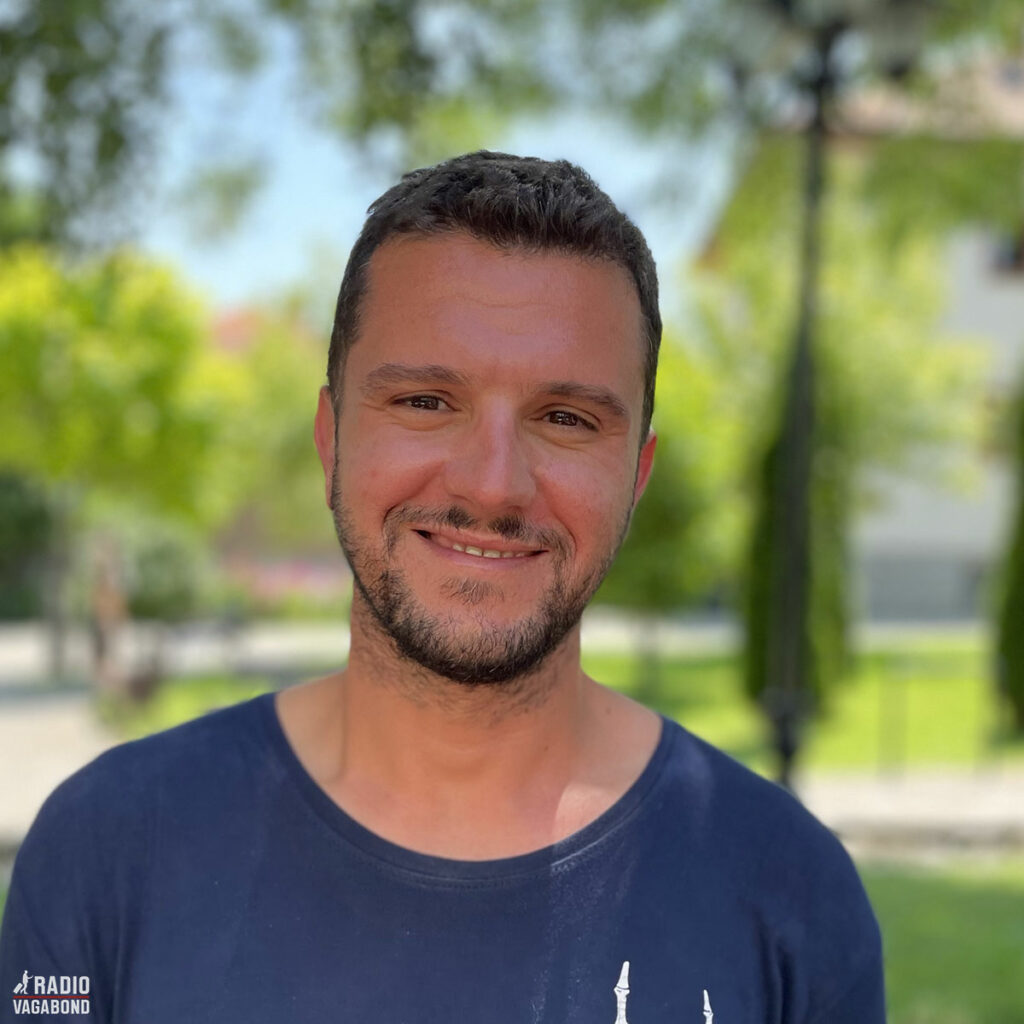
Topics in This Episode
- Discover the advantages of slow travel and why setting up a base is a game-changer for digital nomads.
- Realise the perks of incorporating routine and productivity techniques to maximize your digital nomadic lifestyle.
- Uncover the liberty and familiarity gained by spending a significant duration in one locality.
- Understand the intriguing relationship between the pace of traversing the globe and the period being a digital nomad.
- Learn the importance of establishing rapport with the natives and how it enriches your travel venture.
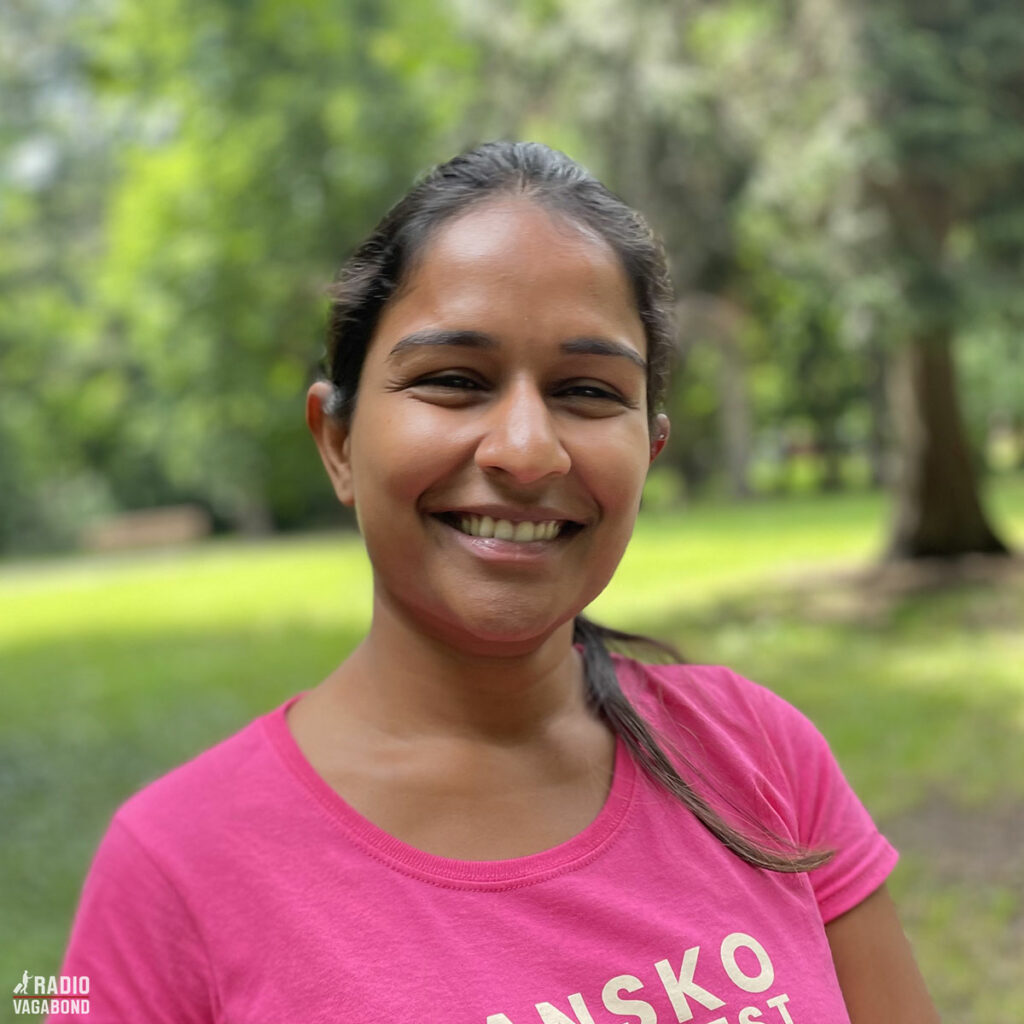
Familiarity in one locality
Staying in one location provides the freedom to explore and understand the area in-depth, becoming familiar with local customs and norms. This familiarity enhances the travel experience by offering access to local knowledge and creating a sense of being part of the community. It can also mitigate feelings of loneliness or isolation often associated with the digital nomad lifestyle.
Finding a Hub and Slowing Down
Some digital nomads, like Derek, realize that traveling too fast can be overwhelming and exhausting. They feel the need to find a hub where they can slow down and have a more stable base. It may take time to find the right hub, but once they do, it becomes a more fulfilling and sustainable lifestyle. Nora Dunn and Derek Smith talk about the concept of having a base while still being a digital nomad. They share how they have established bases in different locations, allowing them to explore the surrounding region and deepen their connections with the local community.
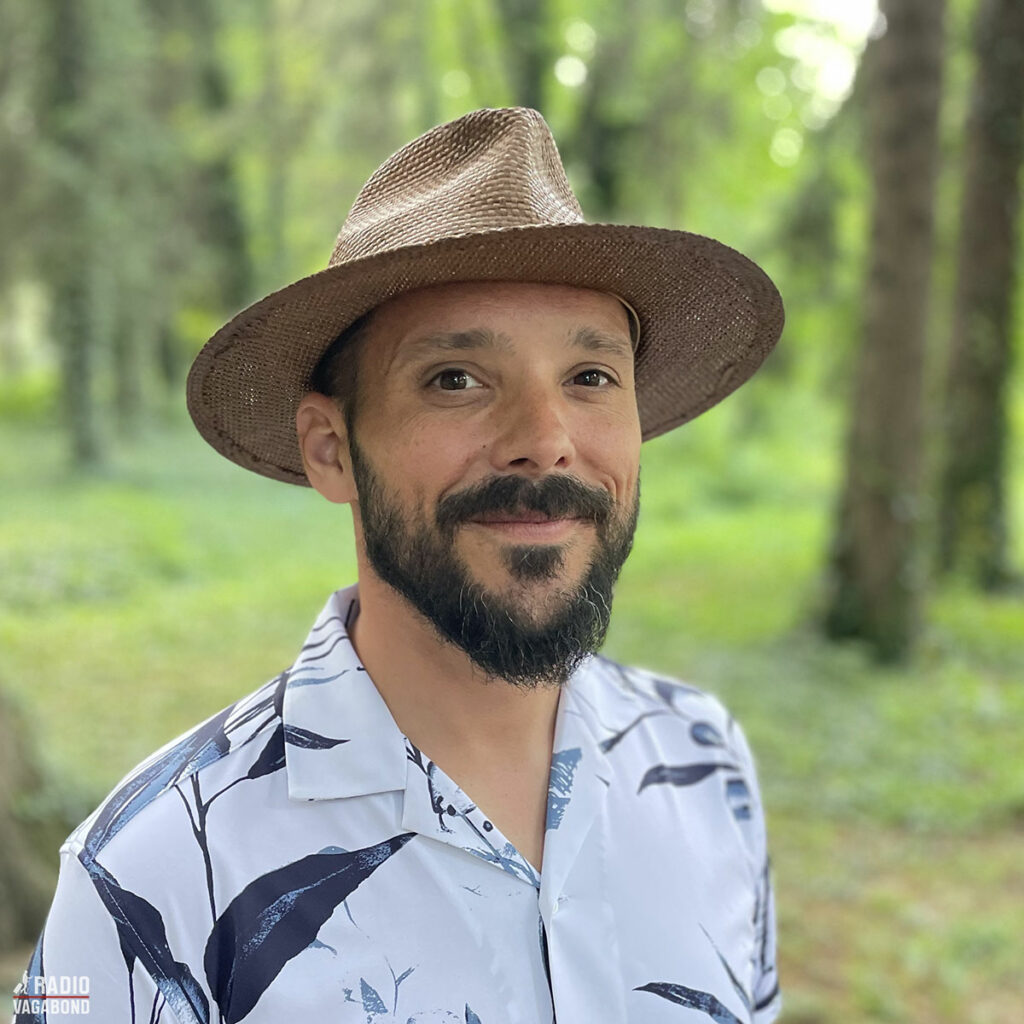
The Benefits of Slowmading
Gianni Bianchini shares his perspective on slow nomading, emphasizing the importance of staying in one place for a longer period to establish routines and be productive. He advises against constantly jumping from one country to another and recommends spending a minimum of one month in each location.
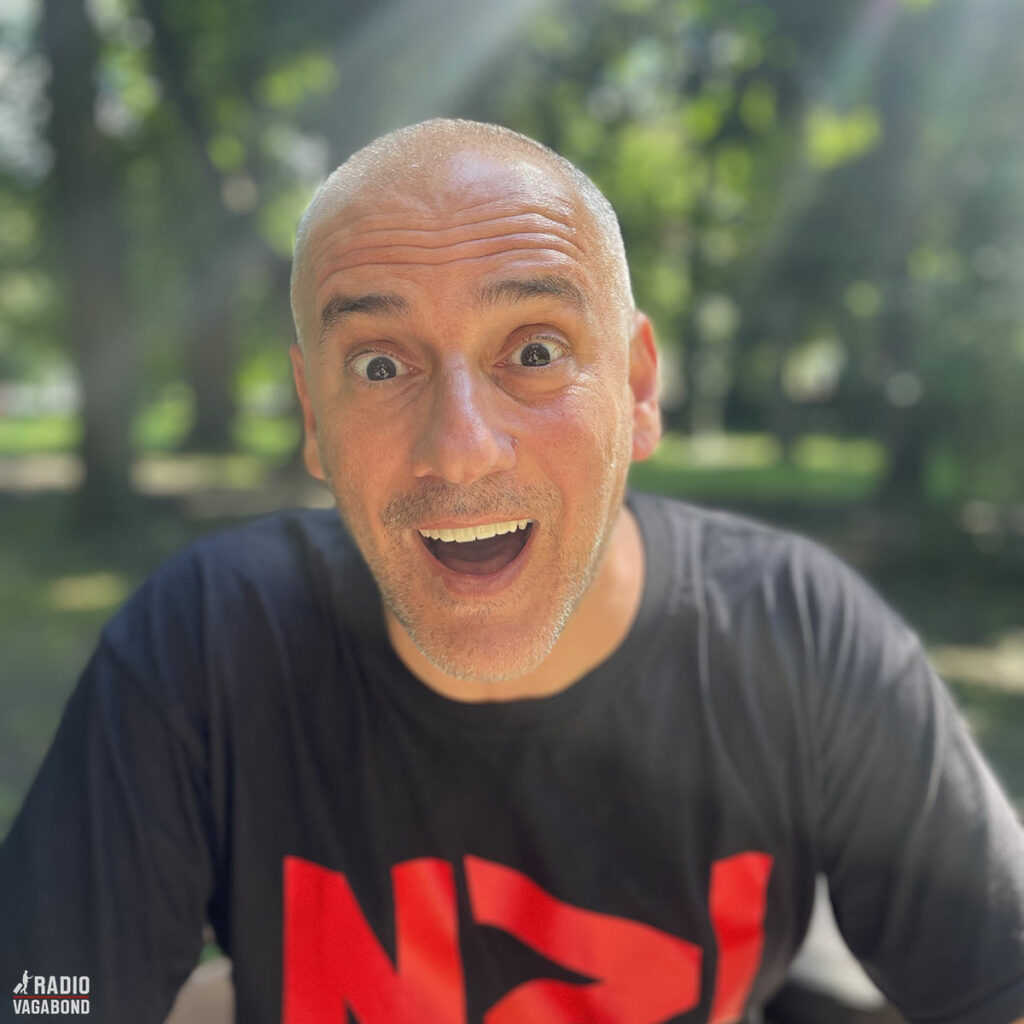
Chris and Shaun both express the preference for spending two to three months in a place before moving on. They believe that this duration allows for a deeper understanding of the location, the ability to establish routines, and the opportunity to build social connections.
Shaun highlights the importance of cultivating a routine and getting to know a place beyond the initial tourist experience. He shares that spending a minimum of three months allows for the development of routines, improved health and fitness, and the freedom to navigate without relying on maps.
Younger and Older Nomads
According to Chris Robinson, younger digital nomads tend to go with the flow and have a skewed perception of time. They think they have to do everything right away and rush through their travels. Older digital nomads, on the other hand, are more aware of what their body, mind, and soul want from their nomadic lifestyle. So, in this sense (even though I’m not a spring-chicken), I act like a teenager.
Experience and Travel Speed
Shaun Busuttil is working on a PhD about digital nomadism, and his research suggests that there is a correlation between how long someone has been a digital nomad and the speed of their travel. Newer nomads tend to move around a lot and explore as much as possible. However, as they spend more time in the nomad lifestyle, they realize the stress and lack of fulfilment in constantly moving, leading to a slowing down of travel.
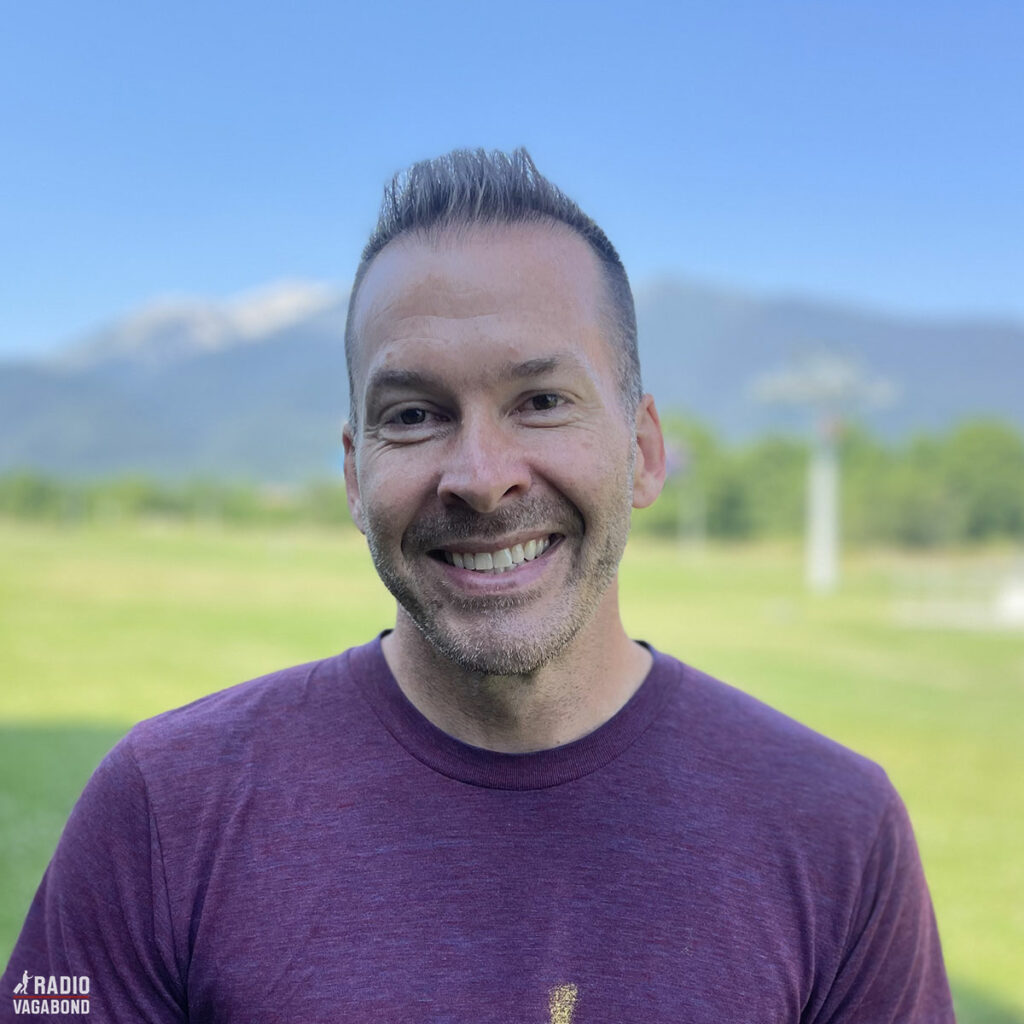
Travel and Accomplishments
Traveling at a fast pace can be exciting, but it can also leave you feeling like you haven’t accomplished everything you wanted in each place. The sensation of arriving in a brand-new place for the first time is addictive, but there is also value in returning to familiar.
It seems like you get a desire for a home base after 10-12 years of constant travel. This happened to Nora and Derek, and Gianni and Shaun are considering having a base.
Definition of Digital Nomad
The definition of a digital nomad has evolved over the years. With the rise in popularity of remote work and the creation of digital nomad visas, more people are embracing the travel lifestyle. This broadening definition allows long-term travellers like Nora to continue identifying as digital nomads even with a home base.
Having a base offers practical advantages, such as a place to store belongings and access specific types of clothing for different climates. It also helps you create lasting friendships with the locals and other nomads who also use the same base.
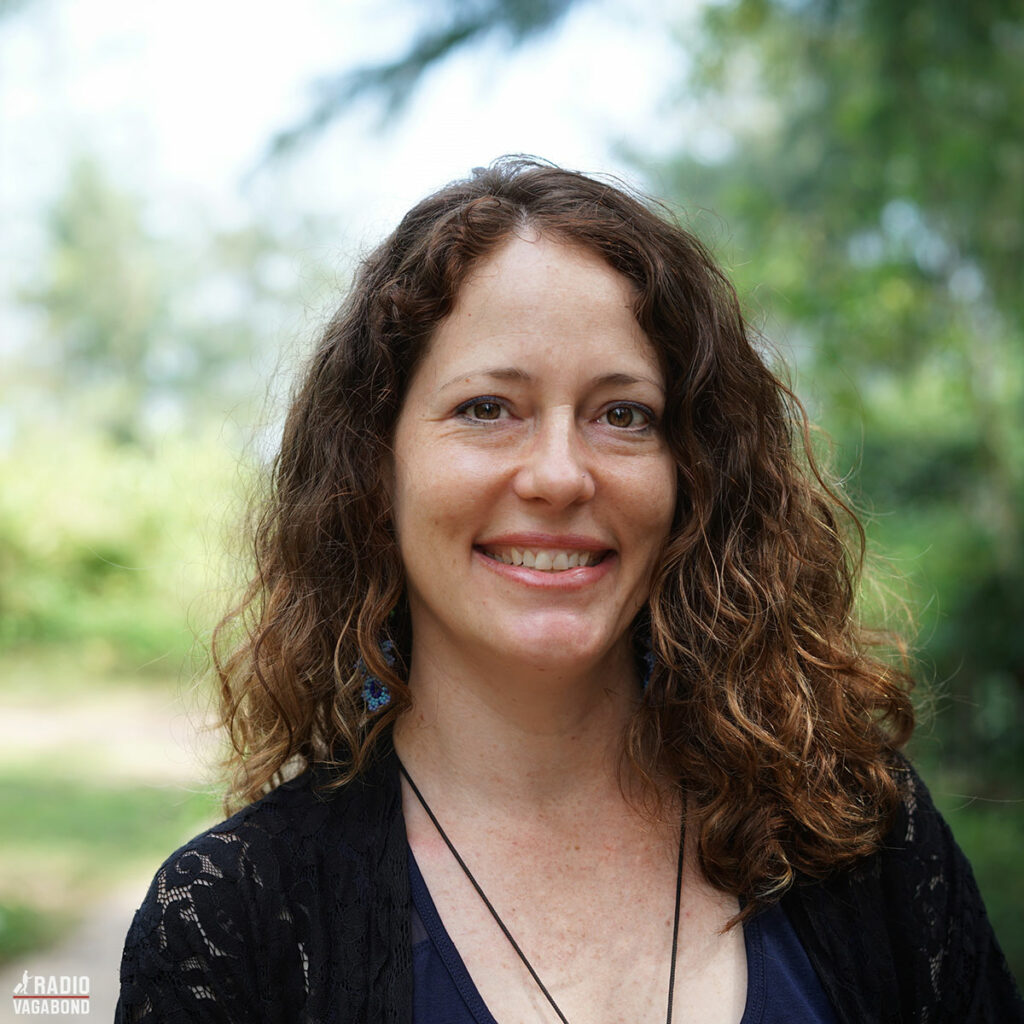
Creating a Social Network
We also talk about co-living and co-working programs as great opportunities to connect with others who have similar lifestyles. In one of the future episodes, we’re going to be talking a lot more about building a community.
Palle’s Pickup
To sum it up, Travel fast or slow… is a bit of a double-edge sword. There are pros and cons to both. Fast travel is all about the adrenaline rush of exploration, the thrill of the unknown, and the inevitable dread of airport security lines. It’s like trying to juggle flaming torches – exciting, but you might get burned.
And slow travel? Ah, that’s like sipping a fine wine, one tiny sip at a time, soaking in the flavours, aromas, and any random dog names at the local coffee shop. Sure, you may know the café owner’s pup better than your own relatives, but hey, that’s a win in the community department.
And about logistics – because the wheels of those suitcases don’t roll themselves. Quick travel means more new experiences per minute, but it also means more Google searches for “cheap flights,” and with slow travel, you get more Airbnb discounts for staying longer, and more ways to say, “What do you mean, it’s how much for a taxi?!”
And let’s not forget the community factor. Slow travel lets you nestle into a place, where you won’t have to ask for the Wi-Fi password five times a day. Plus, it’s harder to get work done when you’re always on the move.
I’m a Flash
In these conversations, I found out that I’m the odd one out – that I’m a real-life Flash among nomads. In the whirlwind year of 2022, I hopped continents more than a kangaroo with caffeine addiction – 102 times different beds in more than 30 countries, and about a gazillion airport security checks.
So, let’s take a look at my year from January 1st until now mid-August: I started in Sydney, Australia with the fireworks in front of Sydney Opera House. Then after moving around Australia for a few months, I went to New Zealand and did a road trip. Then Greece, Denmark, Bulgaria, a few places in USA before going to Belize where I am right now. Let me see… I’ve slept in 43 different beds this year until now. 43 places in 7.5 months. That’s an average of 5.3 days in the same place and if I keep going on that pace, it will get me to 69 places by the end of the year. Not 102 moves – only 69. So, I have slowed down in ‘23. But not much, to be honest.
The Need for Speed
I’ve learned that the need for speed isn’t universal. Most digital nomads treat their stay like a leisurely picnic, spreading the blanket for a longer time, learning neighbours’ names, and investing in local friendships – and fast travellers like me are more saying, “Oh, there’s another country? Let’s go!”
So, whether you’re collecting passport stamps or becoming the local barista’s BFF, there’s no wrong way to travel as a digital nomad. Just like there’s no wrong way to eat a taco – as long as you don’t forget the guacamole.
There is No Right and Wrong
Everyone agrees that you should do just what feels right for you. If that’s moving slow or fast (like me), there is no wrong.
How’s your travel pace? How fast are you going as a digital nomad, or how fast would you like to go, if you become a digital nomad? Please let me know on The Radio Vagabond on Facebook.
Next Week
In the next episode with the seven nomads, we’re talking work/life balance.
My name is Palle Bo, and I gotta … slow down. See you.
Links:
- Follow travel writer Shaun Busuttil on his blog and Instagram.
- Chris Cerra’s email newsletter, RemoteBase.co, for the best accommodation deals for digital nomads.
- Check out Ranika Koneru’s company, Cloud Connections, for inspiring group travel experiences to the world’s greatest festivals.
- Explore Gianni Bianchini’s travel blog, Nomad Is Beautiful, his personal website GianniBianchini.net, his YouTube channel, and his podcast for digital nomad advice and insights.
- Visit Jason Robinson’s Nomad Experiment travel blog to learn about the digital nomad lifestyle and share your own experiences.
- Follow Nora Dunn’s YouTube channel, with tips on travel and travel gear, and her blog, The Professional Hobo.
- Check out Mr. Derek Smith’s website on public speaking.
- Connect with Palle Bo on YouTube, LinkedIn, Facebook, and twitter. See all the links here.
The key moments in this episode
- 00:00 – Welcome to the Second Episode with the Seven Nomads
- 02:29 – Nora Dunn: Sometimes Travelled Very Slow
- 03:46 – Mr. Derek Smith: Finding a Base for Exploration
- 07:01 – Gianni Bianchini: The Benefits of Slow Nomading
- 09:14 – Chris Cerra: The Ideal Duration of Stay
- 10:36 – Shaun Busuttil: Staying three to six months
- 11:43 – Cultivating a Routine and Navigating a Place
- 12:51 – Ranika Koneru: Has Been Slowing Down
- 13:33 – Jason Robinson: Also Stays a Long Time
- 14:11 – The Difference between Younger and Older Digital Nomads
- 14:56 – Mr. Derek Smith: Finding a Hub and Slowing Down
- 15:49 – Shaun Busuttil: PhD Studies Reveal What the Trend is
- 18:53 – How Palle Bo is Different than the Other Seven Nomads
- 21:19 – Feeling Time is Moving Slower
- 27:22 – Nora Dunn and Gianni Bianchini: The Desire for a Home Base
- 29:51 – The Changing Definition of Digital Nomad
- 32:47 – Creating a Social Network
- 36:15 – The Value of a Home Base
- 39:15 – Shaun Busuttil and Gianni Bianchini: Benefits of a Home Base
- 43:11 – Summing it Up: Fast Travel vs Slow Travel
- 44:27 – The Challenges of Slow Travel
- 45:17 – Different Approaches to Travel
- 46:53 – Travel Pace as a Digital Nomad
- 47:05 – Upcoming Episode: Work/Life Balance
I WOULD LIKE TO HEAR FROM YOU!
Please tell me where are you and what are you doing as you listen to this episode? You can either send me an email on listener@theradiovagabond.com, go to TheRadioVagabond.com/Contact or send me a voice message by clicking on the banner.
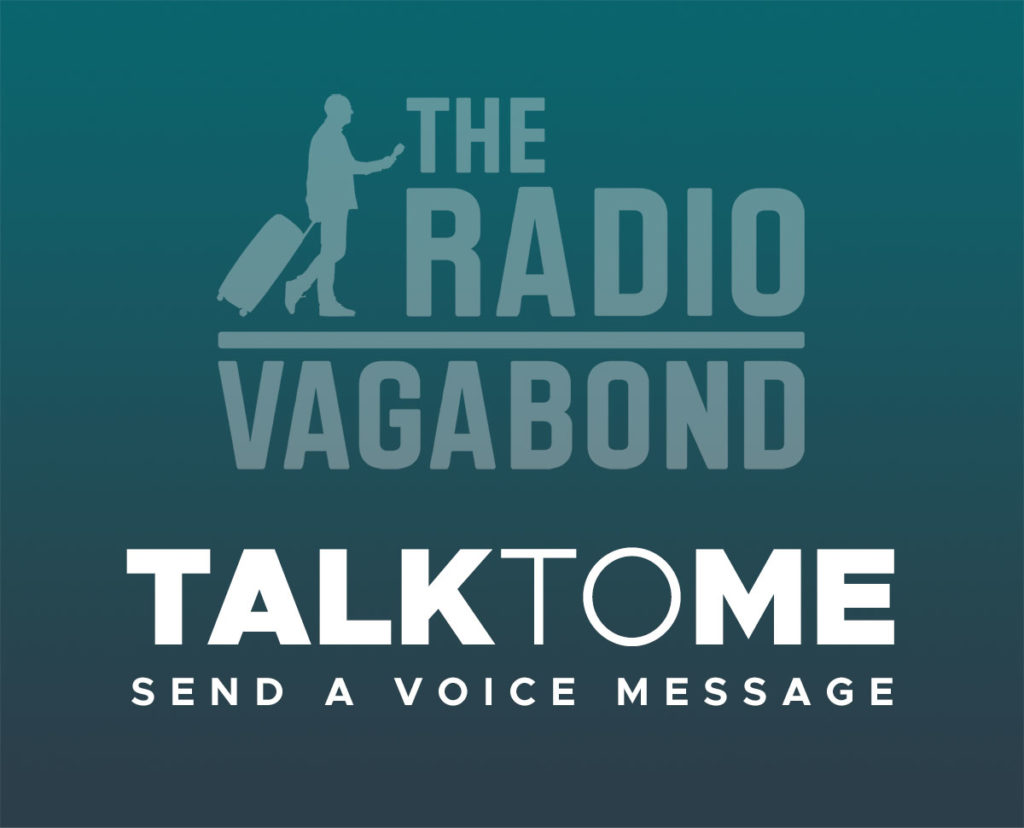
Either way, I would love to hear from you. It’s so nice to know who’s on the other end of this.
SPONSOR
A special thank you to my sponsor, Hotels25.com, who always provide me with the best, most affordable accommodation wherever I am in the world.
Hotels25 scans for prices on the biggest and best travel sites (like Booking.com, Hotels.com, Agoda and Expedia) in seconds. It finds deals from across the web and put them in one place. Then you just compare your options for the same hotel, apartment, hostel or home and choose where you book.
When you book with Hotels25, you get access to 5,000,000 hotel deals. And it’s “best price guaranteed.”
PRODUCED BY RADIOGURU
The Radio Vagabond is produced by RadioGuru. Reach out if you need help with your podcast.
